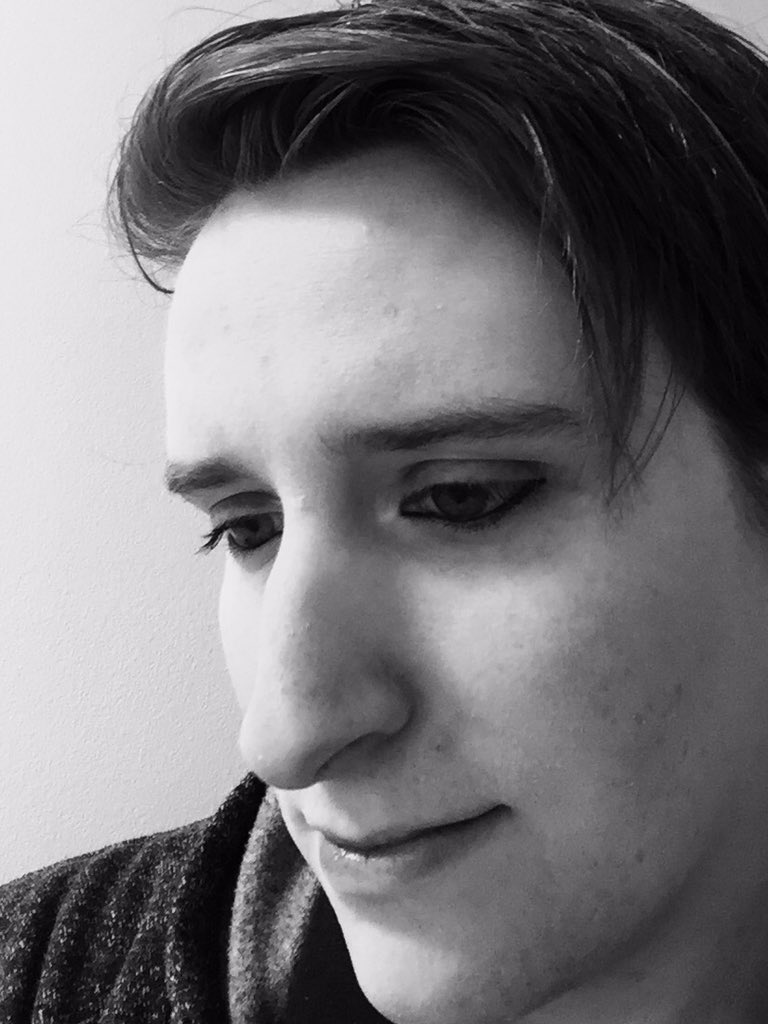
The first time I killed someone in The Division, it was a very deliberate act. They were holding someone at gunpoint in the middle of an open yard. Careful not to attract attention, I scaled a nearby fence and hid on top of a shipping container. Pressed against a small box, I popped up and took aim with my government supplied MP-5 submachine gun and place the baddie’s head in my sights. A few light taps of my trigger, a few bursts of gunfire. The perp crumpled to the ground like a marionette with its strings cut. Rushing down to see if the hostage was alright, I was greeted with a cheer: “That was AWESOME!”
In that single moment, the game revealed more about itself than it did in the innumerable hours that followed. What did that civilian do after I saved them? Did I receive thanks? Did the victim confide in me how horrible their captivity was? Did they panic and run off into the city? They did none of those things. They just told me how cool I was and left me to rummage for loot off the fresh corpse as they walked back into the warzone that used to be Brooklyn.
Perhaps the greatest lie that games tell us is that we need to be awesome. Extraordinary. And not just “extraordinary” in the casual way, as in “really great,” but in that other, special way. We’re told that the things that apply to “ordinary” people don’t apply to us. “We have no rules,” boasts a Division agent in the game’s opening cinematic. I was special because I didn’t have to answer to anyone; I was special because I had no rules. And because I didn’t have to answer to anyone, I was free to do what games often make us do: kill.
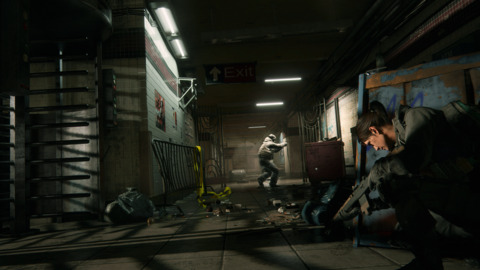
The Division isn’t the first game to call me a hero for coldly and pragmatically gunning down a foe, but it is possibly the most egregious. I was free to shoot any and all threats to society without question. I was special. I was the player. The ruins of Manhattan were a playground where I could hurt to my heart’s content, but where I could never heal anything. I really did want to heal too. The most I could do was give a shivering civilian a can of soda. Could I use my super science nanotech healing gun to bring them away from the brink of death? Sadly, no. I just gave them an energy bar and watched them walk off into the snow.
The Division doesn’t bother to find many ways for players to actively affect the world outside of expending thousands of bullets and leaving behind a trail of bodies. Beyond embracing my most violent urges, I’m able to upgrade a base and take delight as more civilians flock to it for safety, but I can’t talk to these people or take quests to help them personally. For some players, it might be enough to watch their base fill with civilians, to watch children play in the refuge you’ve created or see the wounded receive care, but I wanted to do so much more. The reality of my base was not a reality expressed anywhere in the game. Why couldn’t I personally do more for these people other than leave them behind while I wandered off to hunt more enemies to shoot?
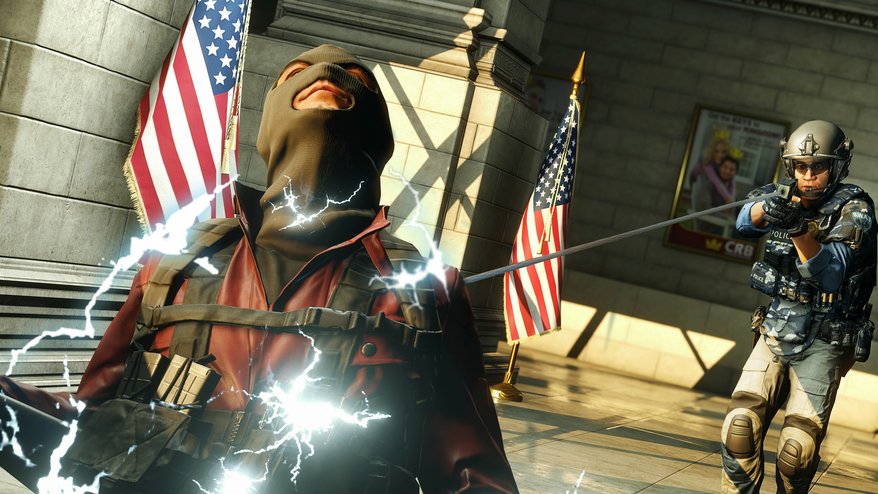
Playing with Power
Power fantasies of this type aren’t anything new (nor are they limited to games), but it’s worth understanding what makes “extraordinary” heroes unique. Some heroes are defined by what tools they have: They might have a magic sword, special gadgets, or super powers. Others are defined by their dedication to achieving the impossible: Gallant knights ride off to slay dragons, naval captains face armadas with a single ship and a ragtag crew. But these sorts of heroes need not be given anything else than freedom. They are free from the rest of the rules that normal members of society (like you and me) are bound to abide by.
In The Division, I am given express governmental permission to act as I deem necessary, but the “free” hero isn’t limited to the military shooter genre. In Dragon Age: Origins, I am a Grey Warden with various powers and political rights; in Knights of the Old Republic I have incredible clout and moral authority as a Jedi, with strangers across the galaxy deferring to my judgment; in Battlefield: Hardline I might be able to tell a perp to freeze but I’m also not particularly discouraged from shooting them dead and moving on. After all, I’m the one with the badge.
What makes Mass Effect’s Commander Shepard such a dangerous enemy to have isn’t her combat prowess, her cadre of companions, or the knowledge she’s gleaned from an ancient alien beacon. It is the fact that she functionally has free reign to do whatever it takes to get her job done. There are other crack soldiers in the galaxy, other great scientists, but they can’t take a cutting edge starship and a sniper rifle and decide to make things right. Commander Shepard exists outside of the law because that’s one of the ways you make a character ‘magical’: You free them from any obligations to preexisting mores. You let them kick in the door, blow away the bad guys, and no matter how vicious they become, never take away their authority.

Games go out of their way to anoint me with exceptional jurisdiction while going to great lengths to assure me that the power I wield is rightly invested and granted. Very rarely am I asked to wrestle with the grand powers I have been given in any significant way. Exceptions exist and include the examinations of power found in Dragon Age: Inquisition’s judgment scenes, the endless management of The Phantom Pain’s Mother Base, and the good cop, bad cop pull of Sleeping Dogs.
I don’t think it is a coincidence that this technique sees a lot of use in 21st century media; it’s a natural reaction to fears of terrorism and other nebulous evils. It is an understandable anxiety that arrives across political leanings: Could something have been done before tragedy struck? Could I (or someone else) be doing something now before it strikes again? And so, to combat enemies that don’t follow particular moral codes, we look to heroes who are similarly unbound. However, the paths these heroes walk isn’t as black and white as games may lead us to believe. Nothing is ever that simple.
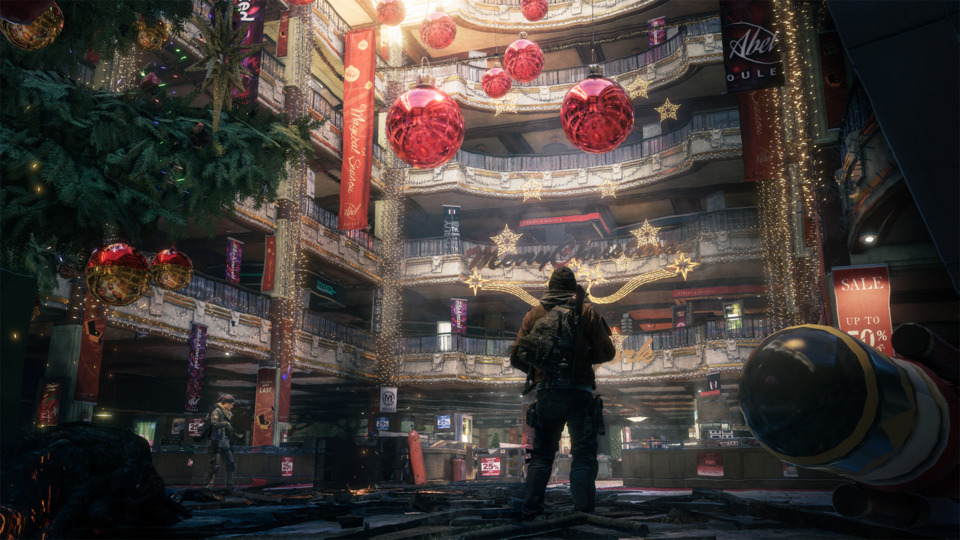
Freedom to Feel
There is a fundamental tension between games and real life: Games are player centric and as a necessary consequent of that fact, their worlds and their values revolve around the player. But there can be a major disconnect when a game assumes which values the player is bringing to the table, what sort of freedom they’re hoping to fantasize about. Games like The Division want me to be “awesome” so badly that they give me a badge and a license to kill without ever asking if that’s what I want.
For all its skill trees and upgrade paths, for all its guns and weapon modifications and puffy jackets, there is very little I can do in The Division that doesn’t begin or end with a corpse. It tells me again and again that I’m awesome, that I’m free in a way that no one else in this post-disaster New York is. After all: I can kill people with explosives or drones or one of my fifty different guns. But having multiple ways to kill isn’t freedom. It’s just variation on a single activity.
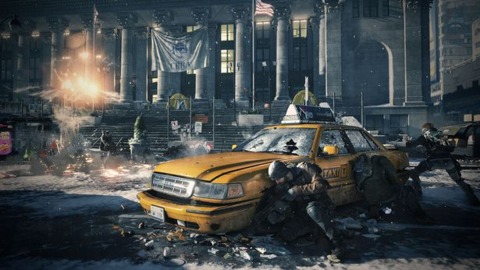
This focus on “legitimized” violence leads to a tragic (and likely unintended) implication, too. Exceptionalism puts the player outside of the bounds of responsibility, and in doing so, it divides them from the rest of the world’s inhabitants. If The Division ever “secures” New York for the everyday civilians left standing, it would mean game over. Like so many other games, The Division isn’t interested in accomplishing the mission. It would rather have the conflict last forever.… And like so many other games, The Division is interested in conflict much more than it’s interested in empathy.
This isn’t a necessity. Action games aren’t intrinsically tied to “exceptional” heroes. They can be empathetic. They can move away from flimsy justifications for excessive player empowerment and instead place heroes into digital spaces where they are still essential but not necessarily exceptional. Heroes don’t always need to be special. Heroes don’t always need to be awesome. They, we, need to be good.
Games can give us more than just variety, they can redefine notions of what freedom is. They can give us the freedom to express ourselves and to feel; the freedom to destroy and to build. The freedom to kill, yes, but also to save. Properly inserting the player into gaming ecosystems where they have a measure of accountability for their actions as well as a real diversity of possible expressions and interactions will not only provide greater game experiences, but it will go a long way to combating latent empathy issues in game culture as a whole. The sooner I am allowed to express heroism with nuance, the sooner I get to truly be free.
Heather Alexandra is a Giant Bomb contributor whose work has also been featured at Paste Magazine, Kotaku, ZAM, and more. You can listen to her chat with Austin about The Division on this episode of Giant Bomb Presents. She can be found on Twitter at @transgamerthink or at her personal blog, TransGamer Thoughts.
148 Comments